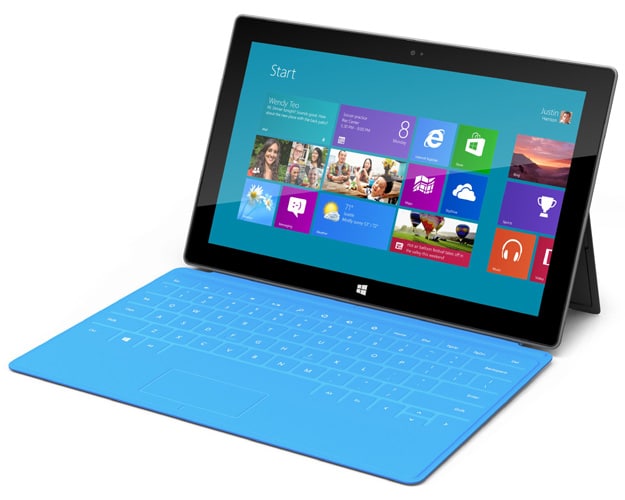Is it just me or is Microsoft not quite the same as it used to be? This behemoth tech giant has been responsible for software products that the vast majority of computers on Earth use. Windows is the obvious one as the go-to operating system of choice, but Office is perhaps more pervasive, with many individuals, businesses, companies and corporations living and breathing on the productivity software. But is Microsoft still producing software products?
The events of 2012 and beyond into this coming year would seem to indicate otherwise. Let’s have a look at Microsoft Office. The productivity suite is undergoing a major overhaul for the next version. Yes, you will still be able to buy an outright license for Office 2013, but Microsoft will be attempting to lure the bulk of its customers to a very cheap, monthly subscription service fee. Put in another way, Office 2013 is the beginning of Office: The Subscription Service. This is a major shift in position for a company that has traditionally been product-platform based, selling individual licenses per machine.
Given Office gets updated every three years or so, the subscription service fees over that time will be cheaper than buying an outright license. As such, customers can be on the latest version all the time, while paying less for it, while being allowed to install it on more machines (up to five at this stage). If this works, Office will no longer have a year attached to it. It will simply become “Office.”
The subscription service strategy could easily work for Windows as well. Version numbers can be dropped altogether in favor of a monthly subscription service, which has the added benefit of keeping customers up-to-date on the latest version of the operating system without having to think about it. New versions simply become software updates and get installed in the background. Sure, they’ll have to announce major user interface changes, but this may no longer qualify as a major upgrade.
These changes are extraordinary given the speed at which they have been implemented. Microsoft has not been known as a fast-moving company, yet in the three years from Windows 7 to Windows 8, the company has completely turned its strategy on its head. And it’s smart. Their business model was fast going the way of the dinosaur, and they risked being left behind. Companies like Apple and Google gave them no choice but to innovate.
The years ahead for Microsoft may yet be quite exciting, or tragic. It could be exciting because of the major changes they have put forward that offer something truly unique compared to the competition. It could however be tragic if it turns out they were too late to the mobile device game. The jury is still out on the point. I hope they’re not. They’ve done a lot of good work and deserve to have a decent market for their newly defined services.

COMMENTS